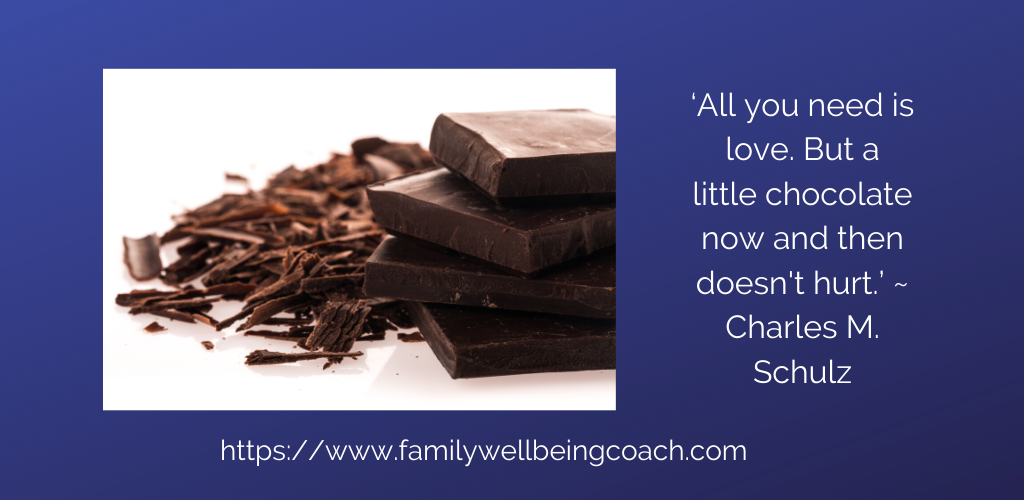
Antioxidant Foods Prevent Disease and Help You Stay Young
Antioxidant foods contain a group of nutrients that are known to disarm free radicals and fight off certain diseases. Hence ‘Antioxidant’ is not the name of a substance, but rather describes what a range of substances can do.
Well-known antioxidants include enzymes and other substances, such as vitamin C, vitamin E, and beta carotene. These are capable of counteracting the damaging effects of oxidation.
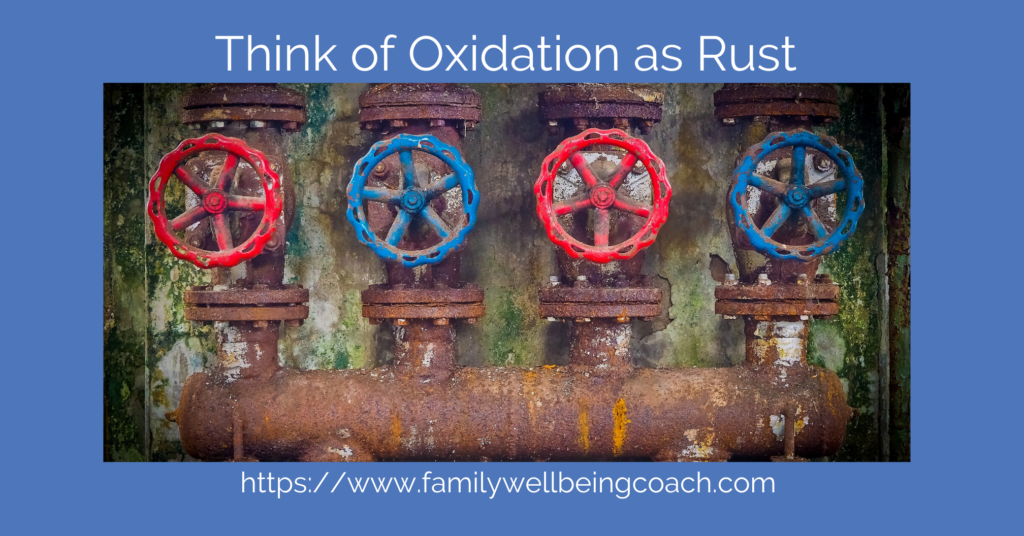
Think about the damage caused to metal items left outside in the elements. The result is usually rust, which is similar to the damage caused to your body.
In addition, antioxidants are commonly added to food products, such as vegetable oils and prepared foods. This helps prevent or delay their deterioration from the action of air.
These antioxidants are synthetic and shouldn’t be confused with dietary antioxidants. There’s some controversy about these additives, and you can read about this on the page about natural health controversies.
However, the body also produces some antioxidants. These are known as endogenous antioxidants. Hence antioxidants that come from outside the body are called exogenous.
There Are Over 100 Antioxidant Nutrients

The process of aging and its associated diseases is caused by oxidative damage.
Over 100 antioxidant nutrients have been discovered that protect the body. Many of these are specifically antiaging antioxidants.
These include, but are not limited to, the following vitamins and minerals:
- A Vitamin (also helps to maintain integrity of digestive tract, lungs and all cell membranes)
- C Vitamin (helps immune cells mature, improves performance of antibodies and can destroy toxins produced by bacteria)
- E Vitamin (improves B-cell and T-cell function)
- Beta-carotene
- Selenium (increases immune boosting properties of vitamin E and is a vital constituent of an important antioxidant enzyme)
- Manganese (involved in twenty enzyme systems in the body and, most importantly, it disarms free radicals)
- Zinc (boosts immune system and makes antioxidant enzymes)
- Iron (vital component of haemoglobin, which transports oxygen and carbon dioxide to and from cells)
- Hydroxytyrosol is purported to be the superstar of antioxidants. However this fact is not well known because it is a recent discovery. Infact it has been understood for a long time that olive oil has the ability to fight inflammation, and hydroxytyrosol is extracted from the fruit, leaves and pulp of the olive tree.
Olive Oil an Antioxidant Food
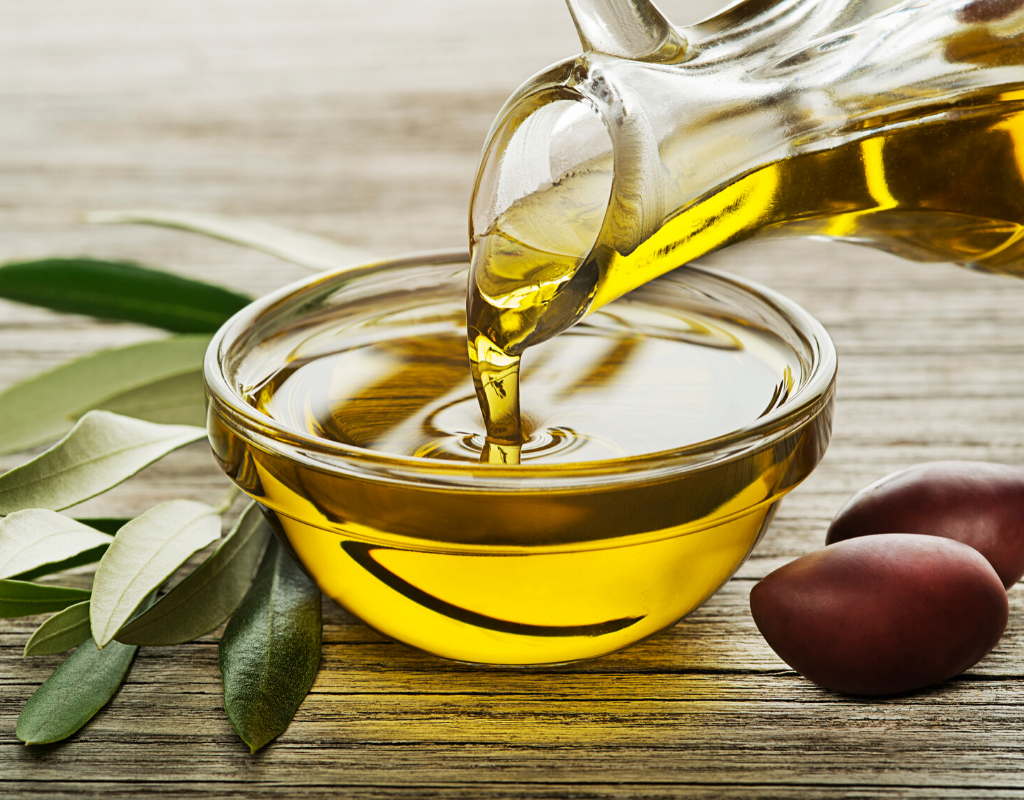
It was traditionally thought that the benefits of olive oil came from its oleic acid content.
Other foods like pork and chicken are also rich in oleic acid. However they do not provide the same cardiovascular protection. Scientists began to search for other properties of olive oil that might have antioxidant properties and settled on hydroxytyrosol.
I’m not 100% sure of this information as I could only find one reference to hydroxytyrosol, however they sold a supplement, so could be biased. There were, indeed, many references, so it could be true. Only time will tell.
The fact still remains that oleic acid, the most prominent fatty acid in olive oil, reduces inflammation.
Olive oil’s main anti-inflammatory effects seem to be due to its antioxidants, primarily oleocanthal, which have been shown to work like ibuprofen, a popular anti-inflammatory drug.
Free Radicals and What They Do
Free radicals are highly reactive molecules that contain an unpaired electron. They are natural by-products of activities such as breathing and metabolising food.
The unpaired electron searches for something to pair with and can therefore damage the body’s cells, causing cancer, inflammation, arterial damage and aging. Antioxidants combine with free radicals before they can damage the cells. Free radicals are also found outside the body and are caused by any combustion process, including smoking, exhaust fumes, radiation, frying or barbecuing food.

Certain plant-based foods rich in antioxidants are called phytonutrients.
Incidentally, plant-based antioxidants, such as flavonoids, flavones, catechins, polyphenols and phytoestrogens, are phytonutrients.
Foods that are particularly high in antioxidants are often referred to as a ‘superfood’ or ‘functional food.’
Include these Antioxidant Foods in Your Diet
To obtain some specific antioxidants, try to include the following in your diet:
Vitamins:
- A: Dairy produce, eggs, and liver
- C: Most fruits and vegetables, especially berries, oranges, and bell peppers
- E: Nuts and seeds, sunflower and other vegetable oils, and green, leafy vegetables
Carotenoids:
- Beta-carotene: Brightly coloured fruits and vegetables, such as carrots, peas, spinach, and mangoes
- Lycopene: Pink and red fruits and vegetables, including tomatoes and watermelon
- Lutein: Green, leafy vegetables, corn, papaya, and oranges
Minerals:
- Selenium: Rice, corn, wheat, and other whole grains, as well as nuts, eggs, cheese, and legumes
The NHS site gives a very good break down of all the vitamins and minerals.
Foods with rich, vibrant colours often contain the most antioxidants. However you need to be aware that using the wrong cooking methods and storing foods incorrectly, can destroy the antioxidants in the food.
More Antioxidant Foods
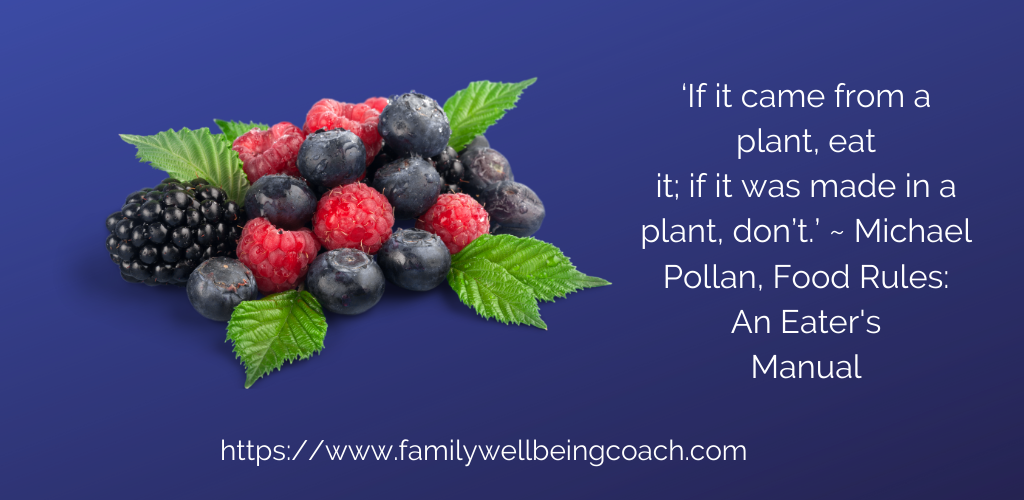
Improve your antioxidant profile by eating the following antioxidant foods:
- Apples
- Avocado
- Blueberries
- Broccoli (especially tender stem)
- Brussel sprouts
- Carrots
- Dark chocolate
- Eggplants
- Goji berries
- Green and black teas
- Legumes such as black beans or kidney beans
- Lentils
- Peas
- Pomegranates
- Red grapes
- Spinach
- Sweet potatoes

Diseases Caused by Antioxidant Deficiencies
The following are possible diseases caused by a deficiency of antioxidants:
- Alzheimer’s
- Cancer
- Cardiovascular disease
- Cataracts
- Diabetes
- Hypertension
- Infertility
- Macular (eye lens) degeneration
- Measles
- Mental illness
- Periodontal disease
- Respiratory tract infections
- Rheumatoid arthritis.
A healthy diet isn’t about restrictions and a balanced diet can improve your health by providing sufficient viyamins, minerals and antioxidants,
You May Be Exposed to Free Radicals in the Environment

Ozone Layer 
Barbecue
Some sources include:
- Ozone
- Some pesticides and cleaners
- Cigarette smoke
- Radiation
- Pollution
- Fried or barbecued food
- Over exercising
A diet high in sugar, fat, and alcohol may also contribute to free radical production.
You could take a good antioxidant supplement. There has been controversy about whether this can help and many ‘official’ sites claim that it doesn’t. It’s said that the results of studies have been inconclusive, and this may be so, but I’ve certainly found that they help.
I believe that, by improving your intake of antioxidants, you will increase antioxidant activity in your body. You will also boost your resistance to colds and other viruses by stimulating your immune system.
To back me up one study states that ‘Antioxidants act as radical scavenger, hydrogen donor, electron donor, peroxide decomposer, singlet oxygen quencher, enzyme inhibitor, synergist, and metal-chelating agents.’
The main thing is that it’s important to have a varied diet as each antioxidant serves a different function, and they aren’t interchangeable.
Combinations of Antioxidant Foods
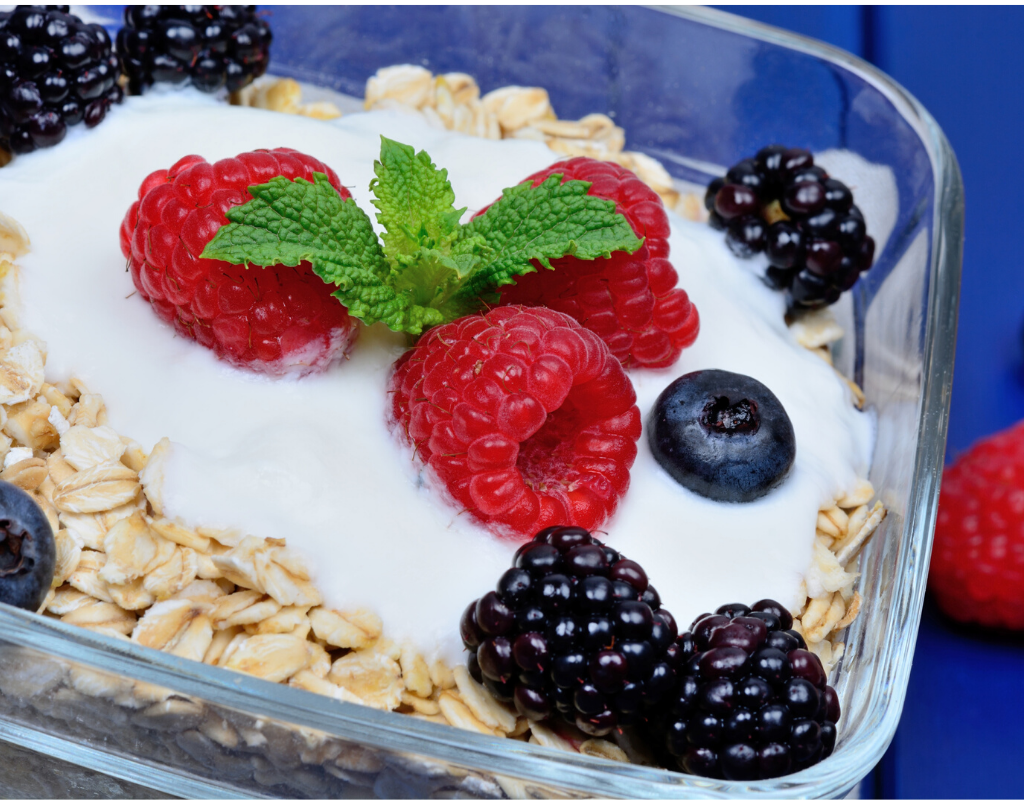
There has been some research that has suggested that consuming dairy products with antioxidant foods could reduce the efficacy of the antioxidant food.
This is an interesting theory as quite a few antioxidant foods are consumed with dairy.
Think about:
- Coffee and cream
- Tea and milk
- Berries and yogurt
- Fruit and cream
- Oatmeal and milk
- Chocolate or cocoa and milk.
Although research shows that dairy may block some of the antioxidants in foods, it probably does not inhibit all antioxidants. Currently, there is no evidence that it reduces the overall health benefits. To read the full article with all the references, you should have a look at Healthline.
And so health experts recommend getting antioxidants the old fashioned way, by eating all the wonderful antioxidant foods. This is definitely the best way but you may find, as you age, you do need a little help.
Some people believe that you should only consume a raw diet . Certainly, you should be careful how you cook your food and always chose the best cooking method for a particular food.



